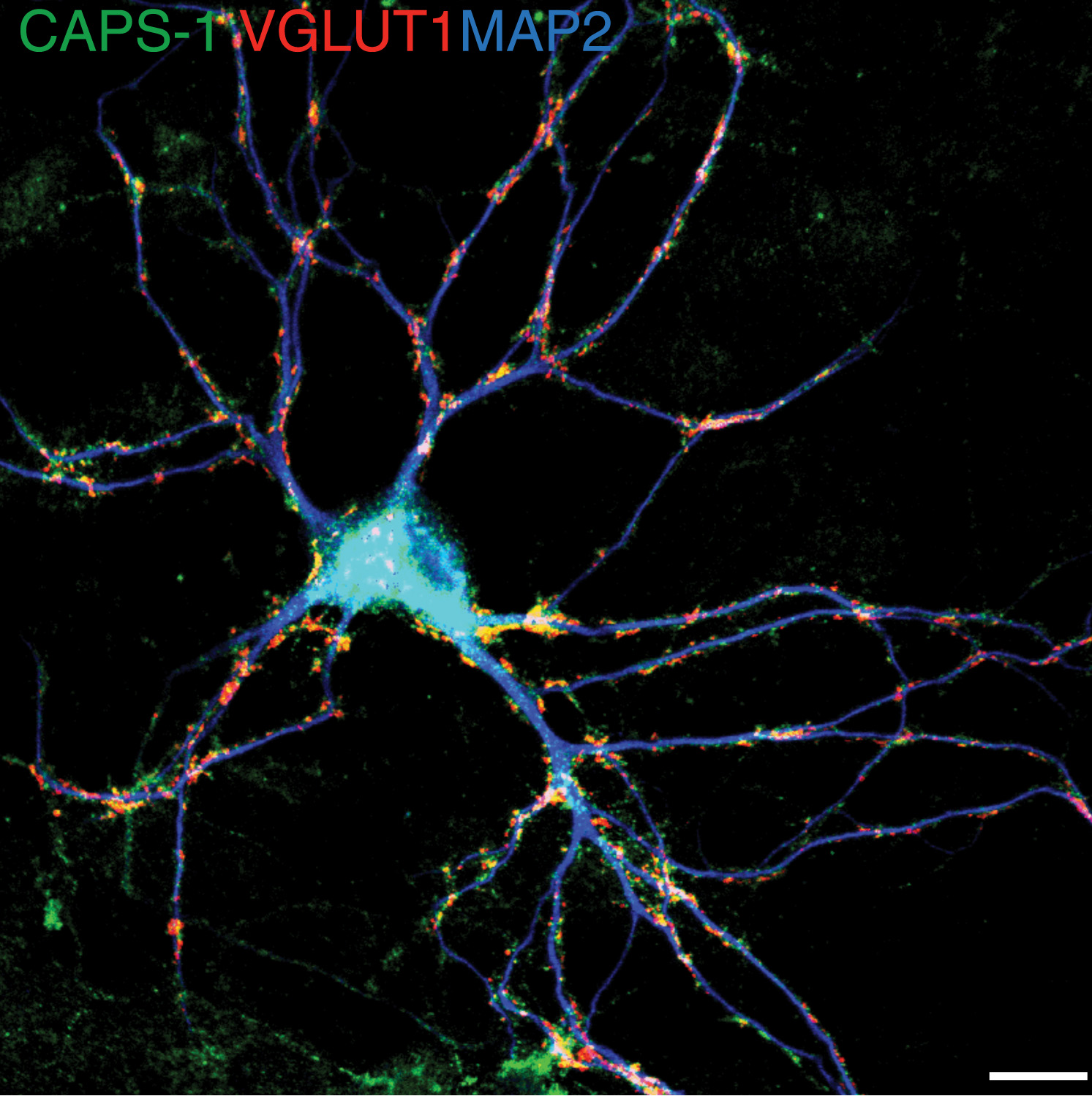
Margherita Farina will defend her thesis ‘Trafficking and secretion of neuropeptides in mouse hippocampal neurons’. Related to this event, the German expert on BDNF signalling, Prof. V. Lessmann, will present a lecture “Postsynaptic BDNF secretion and action in spike timing-dependent LTP“ on Wed, June28th 3PM @W&N F123
Neuropeptides are signal substances that are made and released by nerve cells in the brain. These signal substances have a large influence on the functioning of neuronal networks in the brain, such as the regulation of food intake and sleep rhythm, cognitive processes, attention or stress. Defects in neuropeptide release contribute to brain disorders such as epilepsy, autism, schizophrenia and depression.
Despite the importance of neuropeptides, it is not clear how neuropeptides are released by nerve cells. This lack of insight is a major problem in developing better treatment methods. In her PhD research, Margherita Farina has made an important contribution to understanding the mechanisms of neuropeptide release in the brain. She has developed microscopic techniques to highlight fluorescent neuropeptide vesicles in living nerve cells. Her research shows that each nerve cell in our brain contains between 1000 and 4000 neuropeptide vesicles that are transported throughout the cell. After activation of a nerve cell, a small portion of those vesicles fuse with the cell membrane to release the neuropeptides. Farina shows that this occurs mainly at specific places in the cell, the synaptic contacts, and which proteins are essential for this (molecules called Munc13-1, Munc18-1 and CAPS1). These new insights provide a major advance in our understanding of neuropeptide signaling in the brain and provides new handles for more targeted approaches to neuropeptide-related brain disorders.
